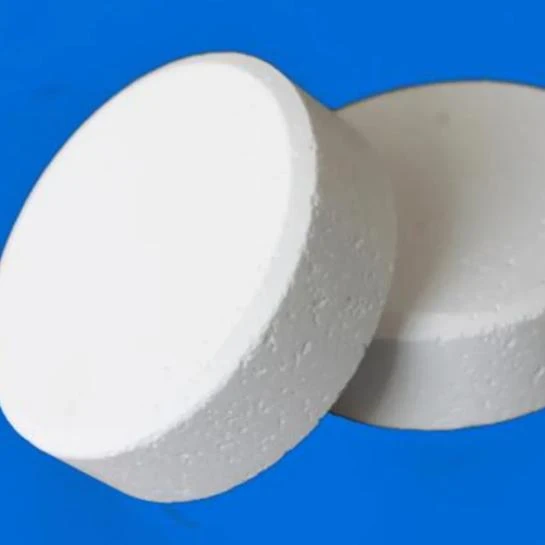
Foods to Steer Clear of Due to Harmful Preservatives
Food Preservatives to Avoid A Comprehensive Guide
In the modern food industry, preservatives play a crucial role in extending the shelf life of products and maintaining their freshness. However, not all preservatives are created equal, and some have raised health concerns prompting consumers to seek alternatives. This article explores some common food preservatives to avoid, highlighting why they can be problematic and suggesting healthier alternatives.
1. Sodium Benzoate
Sodium benzoate is a widely used preservative found in many sodas, fruit juices, and pickled products. It is effective in preventing the growth of mold and bacteria, but there are concerns about its safety. When combined with ascorbic acid (vitamin C) and exposed to heat or light, sodium benzoate can form benzene, a known carcinogen. Long-term exposure to high levels of sodium benzoate has also been linked to hyperactivity in children. For safer options, consider consuming fresh juices or make your own preserves using natural ingredients like lemon juice.
2. Potassium Sorbate
Potassium sorbate is frequently used in cheese, yogurt, and baked goods to inhibit mold and yeast growth. While it is generally regarded as safe in small amounts, some people may experience allergic reactions or sensitivities to this preservative. Additionally, research suggests that it can affect the gut microbiome negatively when consumed in large quantities. Opting for products with no added preservatives or using natural fermentation processes can significantly reduce exposure to potassium sorbate.
3. Sulfites
Sulfites are commonly used to preserve dried fruits, wines, and some pre-cut vegetables. While they help prevent browning and spoilage, sulfites have been known to cause allergic reactions in sensitive individuals, leading to symptoms like headaches, rashes, and even asthma attacks. Moreover, they can strip food of essential nutrients. When possible, choose sulfite-free options or look for organic products that typically avoid synthetic additives.
food preservatives to avoid

4. BHT and BHA
Butylated hydroxyanisole (BHA) and butylated hydroxytoluene (BHT) are synthetic antioxidants used to prevent rancidity in fats and oils, found in snacks, cereals, and processed foods. These chemicals have raised concerns due to their potential carcinogenic properties and links to hormonal disruptions. Studies have indicated that they can affect reproductive health and contribute to chronic diseases over time. A wholesome diet rich in fresh, unprocessed foods can help you avoid the need for these preservatives entirely.
5. MSG (Monosodium Glutamate)
Monosodium glutamate is often added to processed foods, snacks, and restaurant dishes to enhance flavor. While the FDA considers MSG safe, some people report sensitivity to the compound, experiencing symptoms like headaches and nausea after consumption. Furthermore, it has been suggested that the excessive use of MSG can alter neuronal functions and may contribute to obesity. To avoid MSG, focus on cooking with whole ingredients and using herbs and spices to enhance flavor naturally.
6. Artificial Colorings and Flavorings
While not preservatives in the traditional sense, artificial colorings and flavorings often accompany preservatives in processed foods. Many food manufacturers use these additives to make their products more visually appealing or flavor-enhancing. However, certain artificial colorings have been linked to behavioral issues in children and other health concerns. Opting for products colored with natural ingredients, such as beet or turmeric, can provide a healthier alternative.
Conclusion
Navigating the world of food preservatives can be challenging, but being informed is essential for making healthier choices. While preservatives serve an important function in food safety, many synthetic options come with risks that can impact our health. By avoiding sodium benzoate, potassium sorbate, sulfites, BHT, BHA, MSG, and artificial additives, we can take steps toward a healthier diet. Prioritizing fresh, whole foods and making home-cooked meals with natural ingredients is one of the best ways to protect ourselves and our families from the potential harms of preservatives. Remember to read labels carefully and choose products that align with your health goals for a balanced and nutritious diet.
-
Pure Sodium Dichloroisocyanurate Dihydrate | Powerful DisinfectantNewsAug.29,2025
-
Industrial Chemicals: Quality & Purity for Every IndustryNewsAug.28,2025
-
Nitrile Rubber Honoring Strict Production StandardsNewsAug.22,2025
-
Aspartame Ingredients Honoring Food Safety ValuesNewsAug.22,2025
-
Fertilizer for Balanced Plant NutritionNewsAug.22,2025
-
Cyanide Gold Processing with High Purity AdditivesNewsAug.22,2025
-
Formic Acid in Textile Dyeing ApplicationsNewsAug.22,2025
Hebei Tenger Chemical Technology Co., Ltd. focuses on the chemical industry and is committed to the export service of chemical raw materials.
-

view more DiethanolisopropanolamineIn the ever-growing field of chemical solutions, diethanolisopropanolamine (DEIPA) stands out as a versatile and important compound. Due to its unique chemical structure and properties, DEIPA is of interest to various industries including construction, personal care, and agriculture. -

view more TriisopropanolamineTriisopropanolamine (TIPA) alkanol amine substance, is a kind of alcohol amine compound with amino and alcohol hydroxyl, and because of its molecules contains both amino and hydroxyl. -

view more Tetramethyl Thiuram DisulfideTetramethyl thiuram disulfide, also known as TMTD, is a white to light-yellow powder with a distinct sulfur-like odor. It is soluble in organic solvents such as benzene, acetone, and ethyl acetate, making it highly versatile for use in different formulations. TMTD is known for its excellent vulcanization acceleration properties, which makes it a key ingredient in the production of rubber products. Additionally, it acts as an effective fungicide and bactericide, making it valuable in agricultural applications. Its high purity and stability ensure consistent performance, making it a preferred choice for manufacturers across various industries.





